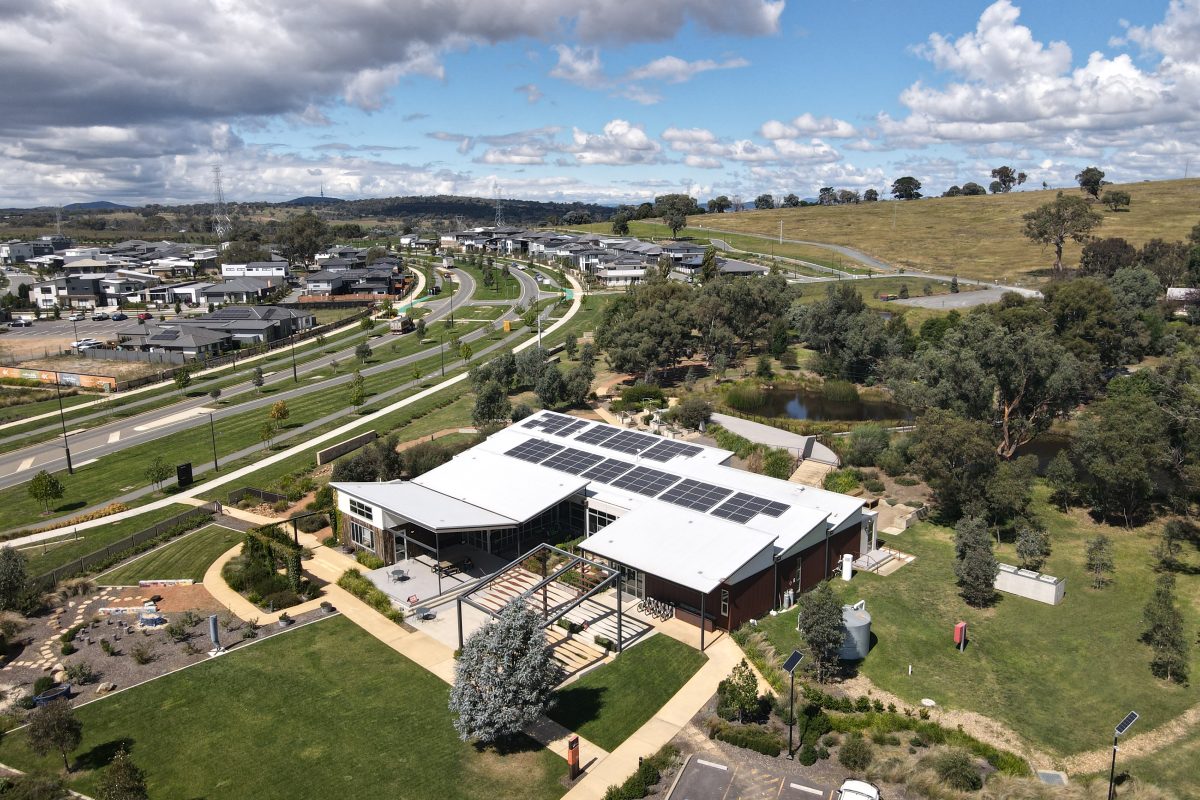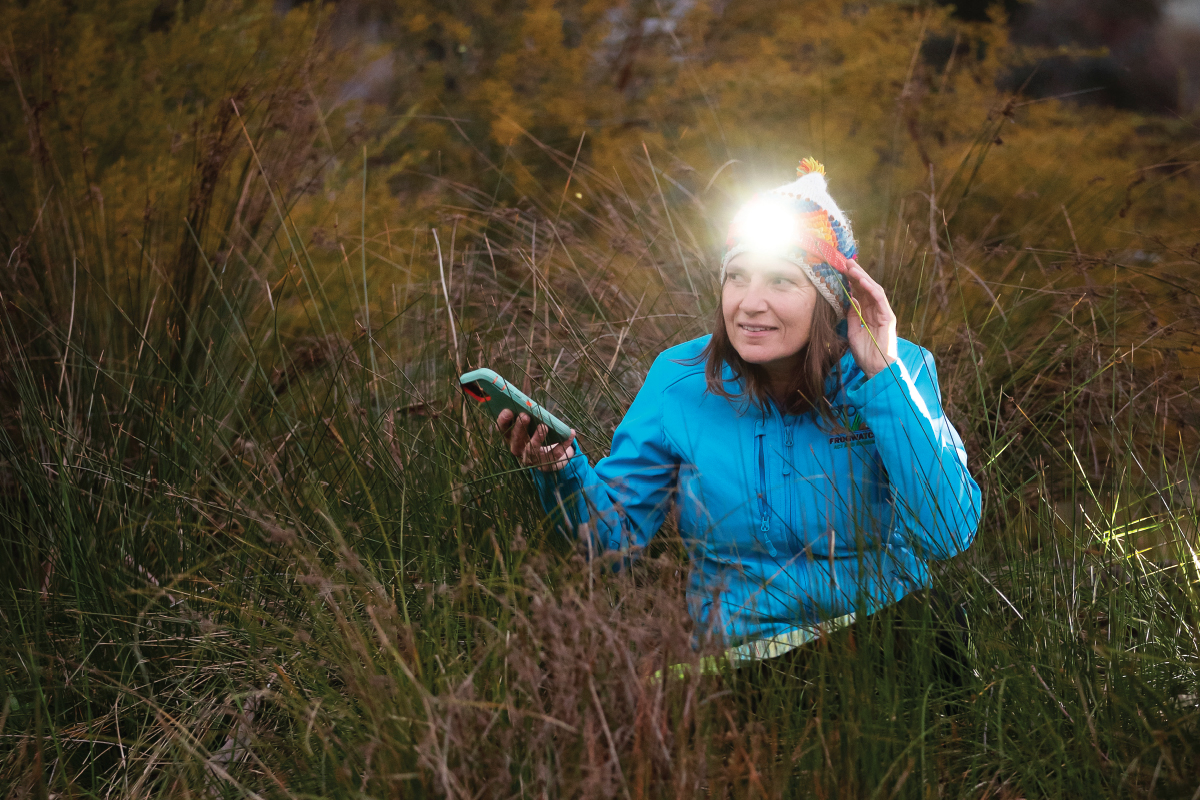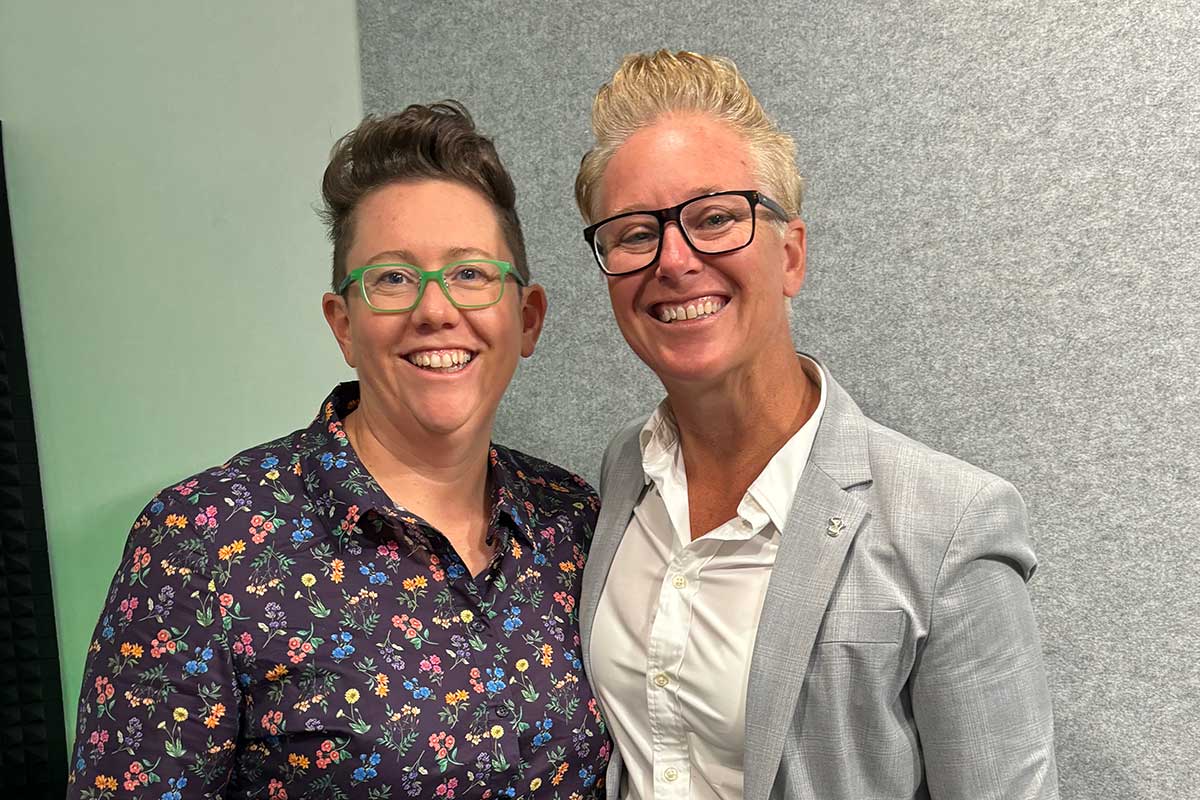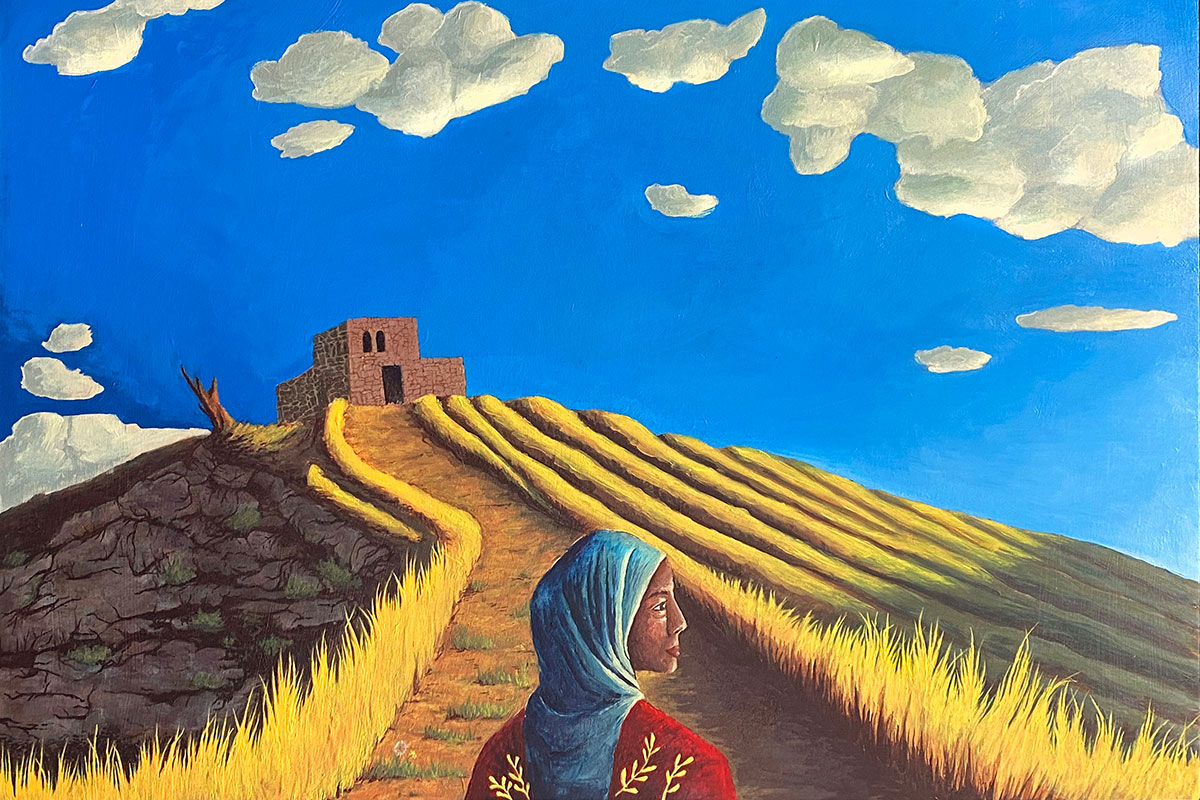The Link at Ginninderry Turns Five
It was five years ago, in April 2017, when The Link officially opened its doors at Ginninderry. While The Link started as just a building, over the years it has come to life as a hub for the community and as the beating heart of the emerging region.
Even from its planning stages, The Link was designed to be something quite special, particularly from a sustainability perspective. Designed by architects Collard Clarke Jackson, it features a large solar cell on the roof that generates the building’s power, and uses ample recycled content, with many items being 100 per cent reclaimed or recycled, while a large water tank collects rainwater from the roof for the toilets and to help irrigate the drought tolerant gardens. It’s now a Sustainability Education Centre to inspire both residents and visitors, as well as hosting tours for school and university groups on sustainable housing.
Also from the planning stages, The Link was designed with vast community input to ensure it was the type of space that would suit the locals. That ethos has continued over the years with the surrounding community continually evolving the building’s function.
“Like the standing poles in our centre courtyard, which were an artwork that was designed with local Aboriginal communities and school kids from Kingsford Smith School, through a program called Who am I and Who Is my Mob?, they tell the stories of each of the five different students and their background as Aboriginal people,” says Jessica Stewart, Ginninderry’s Sustainability Manager.
“We also have mosaic tiles that were created by the students at two other local primary schools, talking about the history of the farmlands at Ginninderry, and the Murrumbidgee River.”
The facility has also benefited from the addition of a barbecue space with a tandoor oven, which was built by participants in the Ginninderry SPARK Training and Employment Initiative, while residents regularly use the community bed gardens and the much-loved cubby house.
“The Link has become a part of the community that’s been built by members of the community, which I think is lovely. It’s now their place as much as it is ours,” says Jessica.
“And the natural environment has also come back to the space as well, like the frogs, birds and echidnas at the dam. And we actually do frog monitoring. So it’s been really lovely watching The Link grow as a space, not only for us and for the residents, but also the animals that come back here as well.”
These days, The Link is a busy hub for community events and activities, like weekly pilates, yoga and playgroups. There are electric bikes for residents to hire, and an electric vehicle charging point. There have been sourdough cooking demonstrations, the community library which residents can contribute to and borrow from, and once a month there’s the repair cafe. It’s also home to the Ginninderry With One Voice Choir, which brings together a wide range of people through song.
“Recently The Link hosted a community Iftar for 110 residents and community members, who all got together to break the fast of Ramadan,” says Jessica.
“There’s always a reason for everyone in the community to engage with The Link in some way.”
The Link’s exhibition space has housed a number of exhibitions over the years, including the current one which showcases local stories.
“Our exhibition at the moment is called My Ginninderry. During COVID to engage our residents, we got them to send in photos of how they saw Ginninderry as part of a photo competition. So those photos are currently running as an exhibition with about 30 artworks from the residence on display.”
The Link is also home to the Ginninderry project office and Conservation Trust, and Jessica says it was important that the team be immersed in the community and the way it’s evolving.
“Being on site, our door’s always open for all of the community,” she says.



